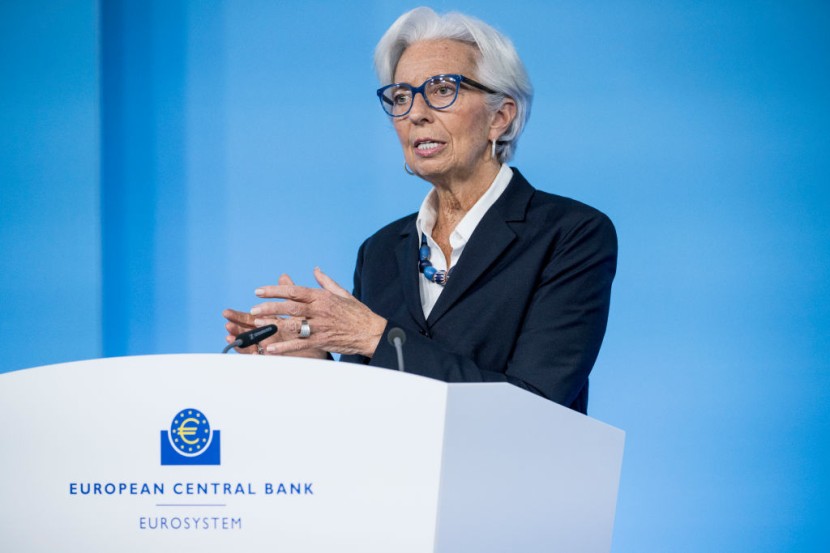
Germany asked the EU Bank chief not to implement anything that could cause the Eurozone major changes that could negatively affect the country's finances.
These changes requested by the European Central Bank (ECB) alter its present loose monetary policy to incur more expenses. Rise in inflation due to energy costs amidst the power crunch due to Russia lessening natural gas supplies.
Ukraine standoff affects EU Bank
Reports indicate that eurozone inflation is at its highest, verified by ECB President Christine Lagarde on Thursday. It sent bond yields and even rate hike bet rising. This rise won't be reflected in 2022 rates, according to Express UK.
Based on the feedback for ECB heads, including Lagarde on Monday and Tuesday suggested that any major constrictions of a monetary policy would not be required yet. It came from a meeting of the officials concerned about their monetary policy to help affected markets.
A new chief of Germany's central bank, Joachim Nagel, pushes the ECB to factor in the increased inflation rates this year. The CB Chief is telling the ECB to move faster and avoid problems.
In a statement released via Die Zeit, the experts of Bundesbank remarked how inflation will rise in the nation up to four percent. He added that if nothing gets better by March, he'll push for adjustments in the monetary policy.
ECB gains and losses
Nagel said that rising economic costs would be more expensive should nothing be done earlier; acting too late will be negative. Germany is concerned about how the EU bank chief will address these concerns.
He suggested increasing the interest rate more and at a faster pace as well. One course of action is to stop net bond-buying in 2022, a way to get the interest rates at a higher number, cited the Diverse Bulletin.
Last Wednesday, another ECB board member, Isabel Schnabel, mentioned that interest rates were to be increased. Should high energy prices affect the expectations of growth that will be higher than two percent?
On the same day, a benchmark for the bloc, Germany's 10-year yield, had lessened to 4 basis points, which drove it down to 0.228 percent.
One more indicator is the five-year yield which went over 0 percent from 2018 last Friday dipped by five bps, about -0.03 percent.
The ECB stimulus has several beneficiaries like bonds from Italy and Greece, which were both underperforming based on the ECB meeting.
Chief analyst at Danske Bank, Jens Peter Sorensen, had some thoughts about the matter. He said comments from Villeroy and Lagarde have been backtracking due to the situation. Which is the whole point of the rally, noted Euro Activ.
He added that there had been gains recently; despite the adjustments in the ECB. It was not always a loss.
A calm last Wednesday in the ECB was tentative at most. Though some losses were small compared to a surge recently, Italy gained 40 bps in year yields from the last week.
In June, there might be a rate hike of 10 bps by the ECB, with a 50 bps rise by December told sources like Tuesday's levels.
Germany is concerned that some decisions by the EU Bank chief could affect its economy; caution the body to reconsider all its moves to avoid any negative outcome, especially with inflation caused by higher energy prices.
Related Article: Katya Adler Says Europe's Unity Is Not Real Due To Events Revealing Divisions Amongst Allies








